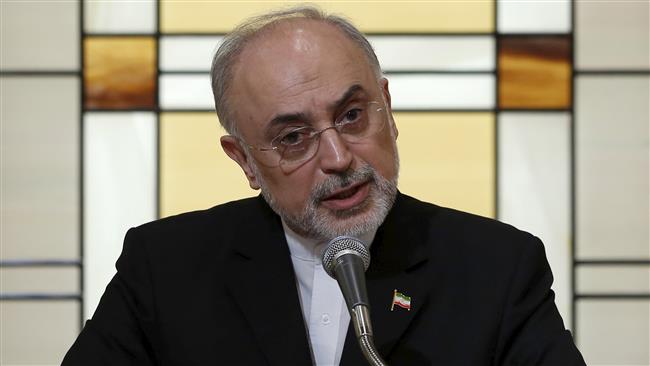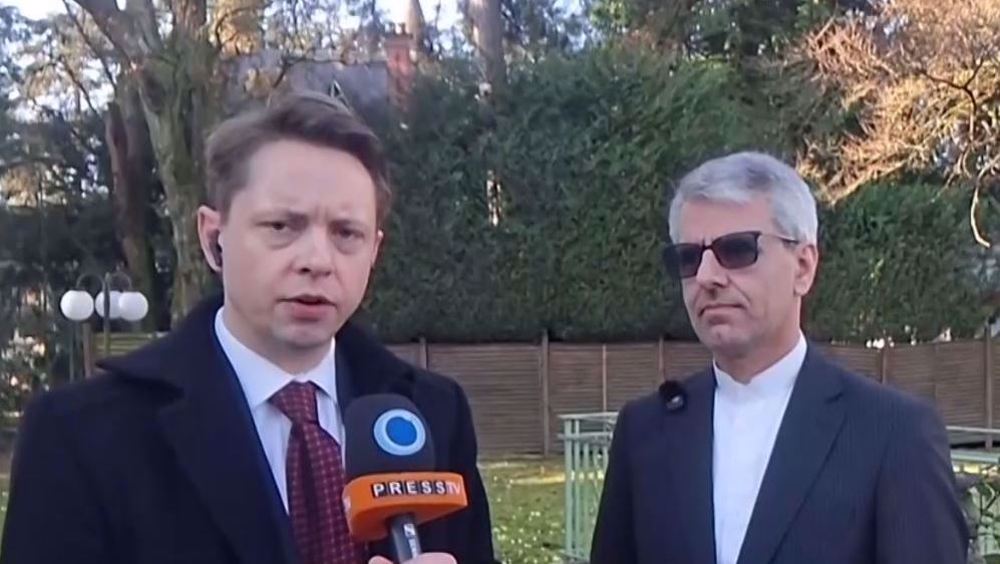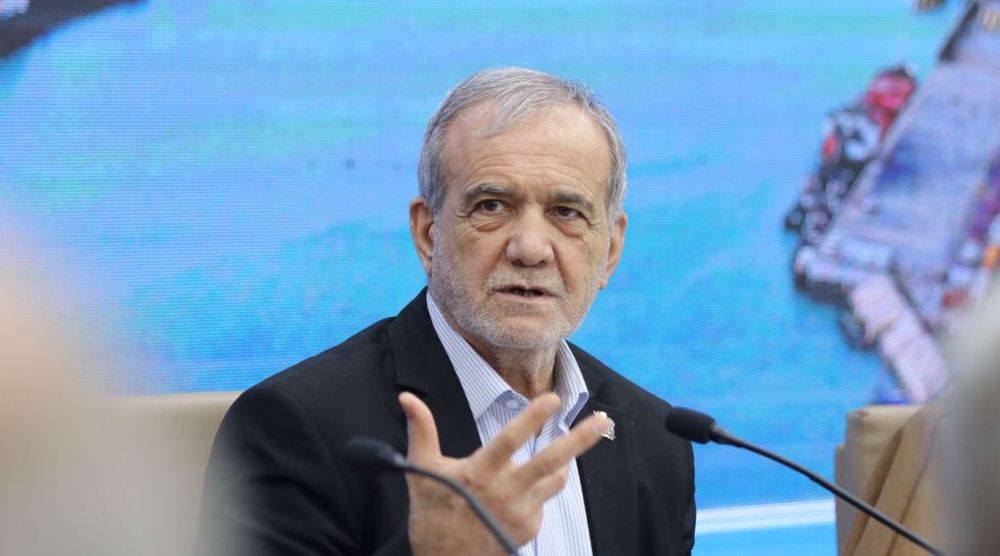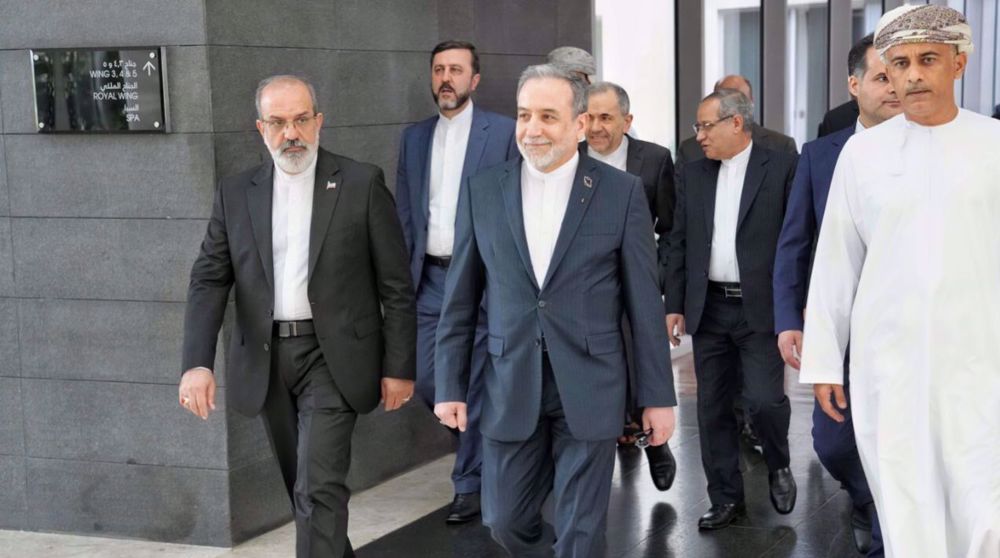Iran will astound JCPOA parties if nuclear deal collapses: Salehi
Head of the Atomic Energy Organization of Iran (AEOI) Ali Akbar Salehi says if the 2015 nuclear agreement with the P5+1 group of countries falls apart, the Islamic Republic will take measures that will "astound" other parties to the deal.
Addressing a ceremony on Sunday, Salehi added that if the deal, known as the Joint Comprehensive Plan of Action (JCPOA), collapses, no other international convention would be considered strong enough and “we hope this will not happen.”
However, Iran's nuclear chief added, “if it falls through, we will [take appropriate measures that will] astound them.”
He emphasized that the JCPOA has been beneficial to all its signatories, saying that the accord was beneficial to Iran and the international community, while being helpful for further strengthening of the Non-Proliferation Treaty (NPT).
Iran and the five permanent members of the United Nations Security Council – the United States, France, Britain, Russia and China – plus Germany signed the nuclear agreement on July 14, 2015 and started implementing it on January 16, 2016.
Under the JCPOA, Iran undertook to put limits on its nuclear program in exchange for the removal of nuclear-related sanctions imposed against Tehran.
Eight reports by the International Atomic Energy Agency (IAEA) have confirmed Iran’s full compliance with the agreement.
Read more:
- Almost two years on, Iran fully committed to nuclear deal terms: IAEA chief
- Nuclear commitments undertaken by Iran being implemented: IAEA chief
However, US President Donald Trump delivered an anti-Iran speech on October 13, in which he said he would not continue to certify Iran’s compliance with the terms of the JCPOA, reached under his predecessor, Barack Obama, and warned that he might ultimately terminate the agreement.
The US Congress now has less than 60 days to decide whether to reimpose economic sanctions on Tehran that were lifted under the nuclear accord.
The other parties to the accord - Britain, Germany, France, Russia, China and the European Union - have all reaffirmed their commitment to it and urged the United States not to back out.
Elsewhere in his remarks, Salehi said Iran was planning to build two more nuclear power plants with an investment of 10 billion dollars.
The AEOI chief noted that Iran was negotiating the plan with China and a number of other countries, adding that big power plants must be constructed in southern or northern parts of the country due to special climatic conditions, but small power plants could be built wherever necessary.
Bahraini police assaults crowds mourning loss of Ayatollah Khamenei
Iran posed no imminent threat to US: Pentagon tells Congress
Iran will hold no negotiations with US: Larijani
Despite Leader's martyrdom, Islamic Republic firmly in control and punishing the enemy
At least 31 killed in Israeli aggression on southern Lebanon after Hezbollah strikes
Iran writes to UN, warns about dire consequences for perpetrators following Leader's martyrdom
Hezbollah strikes occupied Haifa in retaliation for Leader's assassination
Ansarullah mourns Leader's martyrdom as 'great loss' caused by 'most wretched terrorists'










 This makes it easy to access the Press TV website
This makes it easy to access the Press TV website